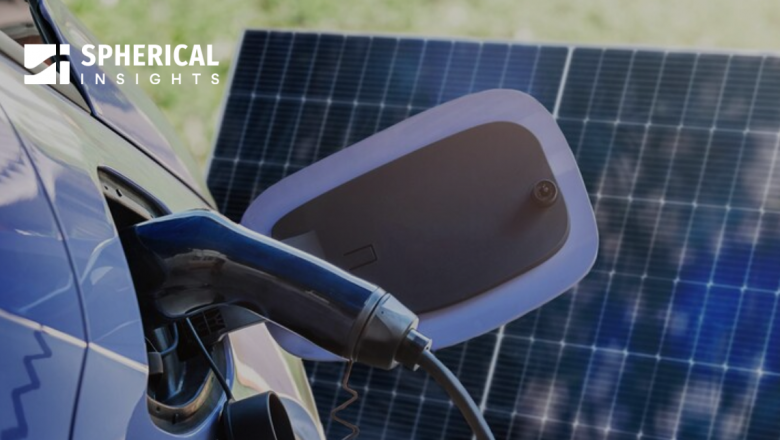views
The adoption of electric vehicles (EVs) has surged over the past decade, driven by the global push towards sustainability and reducing carbon emissions. However, the environmental impact of EVs depends significantly on how they are charged. Solar-powered EV chargers are emerging as a game-changing innovation, marrying renewable energy with green transportation. But how exactly do these innovations influence sustainability?
The Environmental Case for EV Solar Chargers
1. Reduced Carbon Footprint: Traditional EV chargers often rely on grid electricity, which may still be generated from fossil fuels. Solar-powered chargers eliminate this dependency by harnessing clean, renewable energy from the sun, significantly reducing greenhouse gas emissions.
2. Decentralized Energy Production: Solar EV chargers enable energy production at the point of use, reducing transmission losses associated with centralized power grids. This efficiency contributes to overall sustainability by minimizing waste.
3. Promotion of Renewable Energy Adoption: The integration of solar energy into EV charging infrastructure encourages broader acceptance and investment in renewable energy technologies, further accelerating the transition to a low-carbon economy.
Innovations Driving the Market
1. Portable Solar Chargers: Lightweight, foldable solar panels designed for EVs allow users to charge their vehicles anywhere, making solar charging more accessible and convenient.
2. Smart Charging Systems: Advanced software algorithms optimize charging times based on solar availability, battery health, and grid demand, ensuring maximum efficiency.
3. Solar Carports and Parking Lots: Integrating solar panels into carports and parking areas provides shaded parking while generating renewable energy for EV charging stations.
4. Bidirectional Charging: Some solar EV chargers now include bidirectional capabilities, allowing vehicles to return excess energy to the grid or power homes during outages, enhancing energy resilience.
Challenges and Opportunities
While the potential of solar EV chargers is immense, challenges remain:
- Initial Costs: High upfront costs for solar panel installations can deter adoption. However, falling solar panel prices and government incentives are making these solutions increasingly viable.
- Weather Dependence: Solar charging is weather-dependent, requiring supplementary energy sources or storage solutions to ensure reliability during cloudy or rainy days.
- Energy Storage Needs: Efficient battery systems are essential to store excess solar energy for use during non-sunny hours, adding to the overall cost.
The Sustainability Impact
The adoption of EV solar chargers has far-reaching implications for sustainability:
- Energy Independence: Solar chargers reduce reliance on fossil fuels and grid electricity, empowering individuals and businesses to produce their own energy.
- Economic Benefits: By lowering operational costs over time, solar-powered charging solutions offer long-term financial savings, especially in regions with high electricity prices.
- Environmental Preservation: By reducing carbon emissions and fostering renewable energy adoption, these innovations contribute to global climate goals and environmental conservation.
Conclusion
EV solar chargers represent a crucial step forward in aligning transportation with sustainable practices. As technology advances and costs decline, their adoption is poised to grow, offering a cleaner, greener future for mobility. By embracing these innovations, we take a significant stride toward reducing our carbon footprint and achieving a sustainable energy ecosystem.
For more interesting updates and global industry trends about AI in manufacturing, reach out to us, now!






















Comments
0 comment